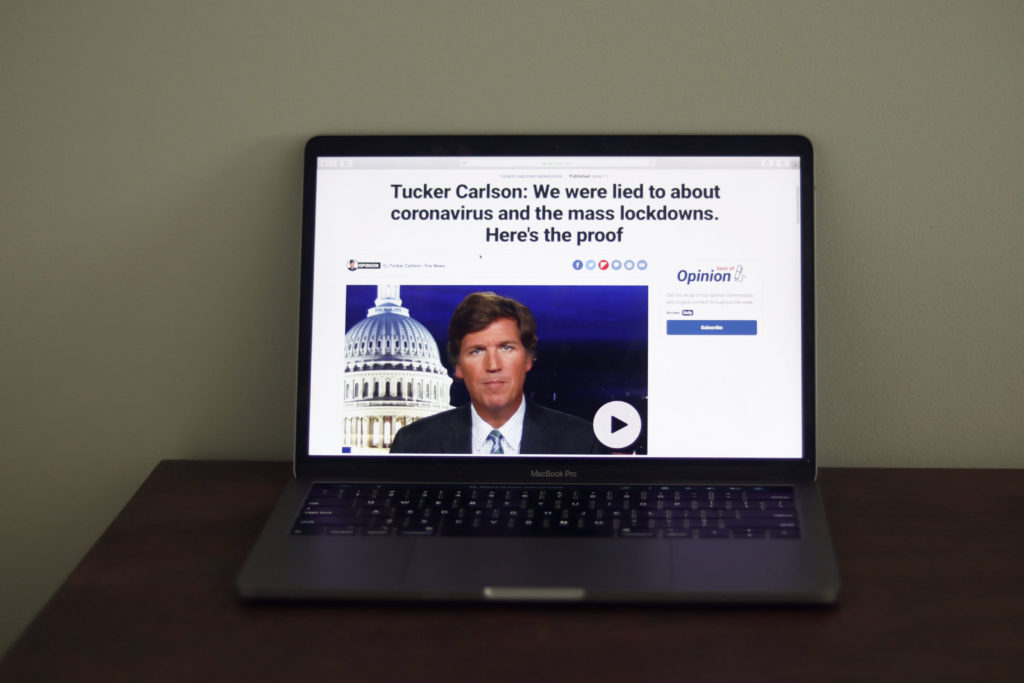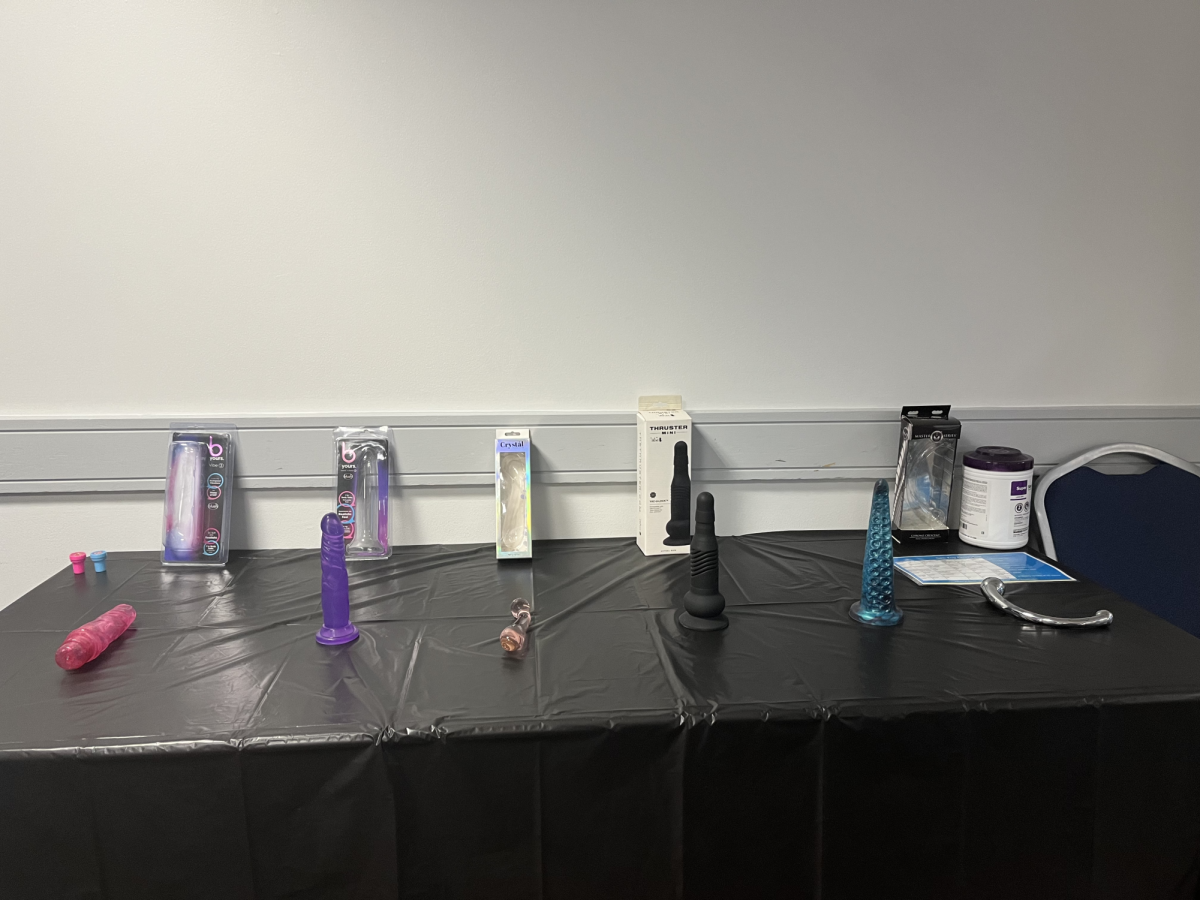Talking about politics with family can be difficult, but the pandemic has brought on a new level of frustration.
Listening to one of your relatives minimize the impact of the COVID-19 pandemic is unnerving and has the potential to divide families. It can be easy to feel caught off guard when a loved one isn’t taking the health crisis seriously, but there are a few things you can tell them to find some common ground.
Here are some tips on what to say to a family member who doesn’t want to adhere to safety precautions, and more importantly, how to say it:
For the grandpa who says it’s ‘no worse than the flu’
A common way to deny the severity of the coronavirus is to claim that it isn’t any more dangerous than the common flu. In that instance, be sure to remind them why the probability and severity of contracting each virus varies greatly.
The public had no prior built-up community-wide immunity to COVID-19, we don’t yet have a vaccine, which means anyone could contract it. COVID-19 is also found to spread more easily than the flu, and people carrying the virus have the ability to spread it for a longer period of time than they would the flu.
According to an article published by The Journal of the American Medical Association, the number of reported COVID-19-related deaths in late April was 15,455 while the number of influenza-related deaths during a peak flu-season week is 752 on average.
For the cousin who says ‘young people aren’t at risk’
Young people sometimes act invincible in the face of danger. But when it comes to COVID-19, it’s dangerous to think they are impervious to the virus’ risks and consequences.
Young people with COVID-19 are less likely to be hospitalized or develop long-term health problems than older populations, but the rate at which younger people contract the virus is rapidly growing. The more younger people with COVID-19, the more likely older people, like parents or older family members, will be at risk for catching the virus. Just look at college parties across the country, which have been linked to spikes in the spread of the coronavirus.
For the aunt who thinks frauds will take advantage of mail-in voting
If you have a relative who believes every word President Donald Trump says against mail-in ballots, it would be worth mentioning that all types of voter fraud are rare. The five states that permit all elections to use mail-in ballots have reported “very little” fraud.
Twitter even placed a fact-check warning on a tweet written by Trump for the first time in May, when he said mail-in voting would be “substantially fraudulent.” If fraud large enough to change the outcome of an election occurred, it would very likely be detected. Your family members shouldn’t feel compelled to head to an in-person voting location – it’s safer to mail in your ballot.
For the grandparents who dismiss fact-checked articles
Even though referencing a well-researched argument might be your first instinct, ease up on the CNN articles and Centers for Disease Control and Prevention statistics when trying to inform a relative. A conversation you’re having with a disgruntled family member can quickly derail into one about distrust of the media or discrediting of the government.
Instead, if you want your relatives to care more about the pandemic, find a connection between something they do care about and something they don’t care about yet. In this case, the thing they care about is you, and the thing they don’t yet care about may be wearing a mask or keeping a safe distance from others.
Try shifting the conversation away from telling your relatives what they should do for themselves, and focus on what you’d appreciate them to do for you. For example, instead of saying “you need to wear a mask,” try “it would mean a lot to me if you would wear a mask for my health and safety.”







